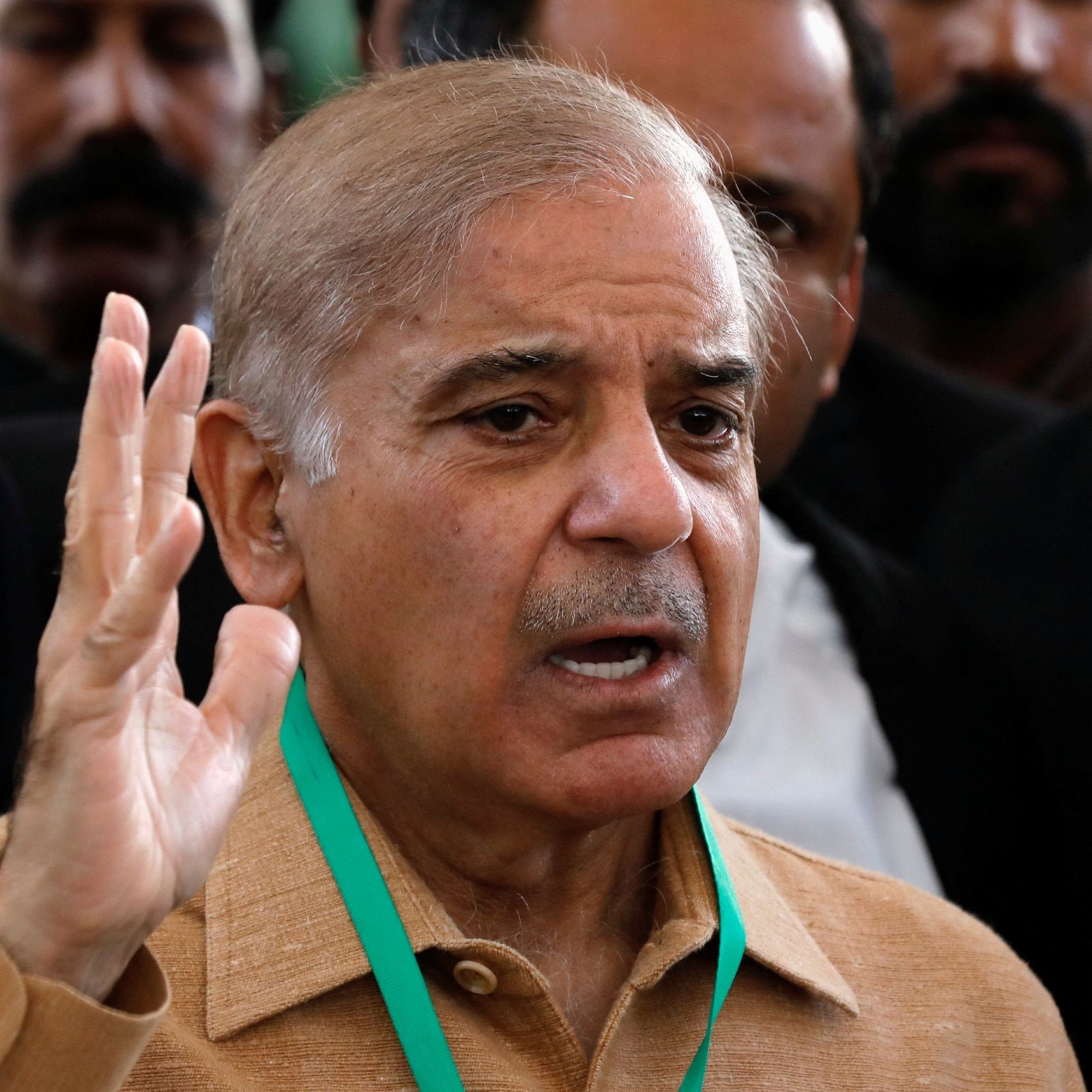Pakistan’s Prime Minister, Shehbaz Sharif, has put forth a proposal to dissolve the country’s parliament on August 9, three days before its scheduled end, according to political sources. This move paves the way for a general election expected to take place by November. The decision comes amid months of political and economic turmoil in Pakistan, a nation of 220 million people and a nuclear-armed state.
The plan for an early dissolution of parliament was disclosed by Sharif to his allies during a dinner hosted on Thursday. He expressed his intention to hand over power to a caretaker government that would oversee the organization of the upcoming elections. The five-year term of the current parliament is set to conclude on August 12.
To allow more time for preparations ahead of the expected challenging electoral battle with ousted former prime minister Imran Khan’s party, the dissolution is scheduled three days ahead of the official term end. A caretaker government is granted a 90-day period to conduct a general election when a government relinquishes power early, compared to 60 days if the transfer of power happens at the end of the parliamentary term.
Imran Khan, a former cricket star, faced a vote of no confidence in April 2022, which resulted in Sharif’s coalition coming to power. Since then, Khan has been campaigning for a snap election and has been organizing protests, some of which turned violent on May 9. This situation has strained relations with the country’s powerful military, with Khan accusing them of plotting against him—a claim the military denies.
In recent weeks, Khan’s party has faced a crackdown that analysts believe had the backing of the military. This political crisis coincided with a severe economic one, leading to an acute balance of payments crisis and a dire shortage of central bank reserves. To address these economic challenges, the International Monetary Fund (IMF) approved a $3 billion bailout for Pakistan.
With the proposed dissolution of parliament, the political landscape in Pakistan is expected to intensify in the lead-up to the general election. The country’s leadership and its political factions will be closely watched as they navigate through this critical period.


